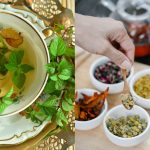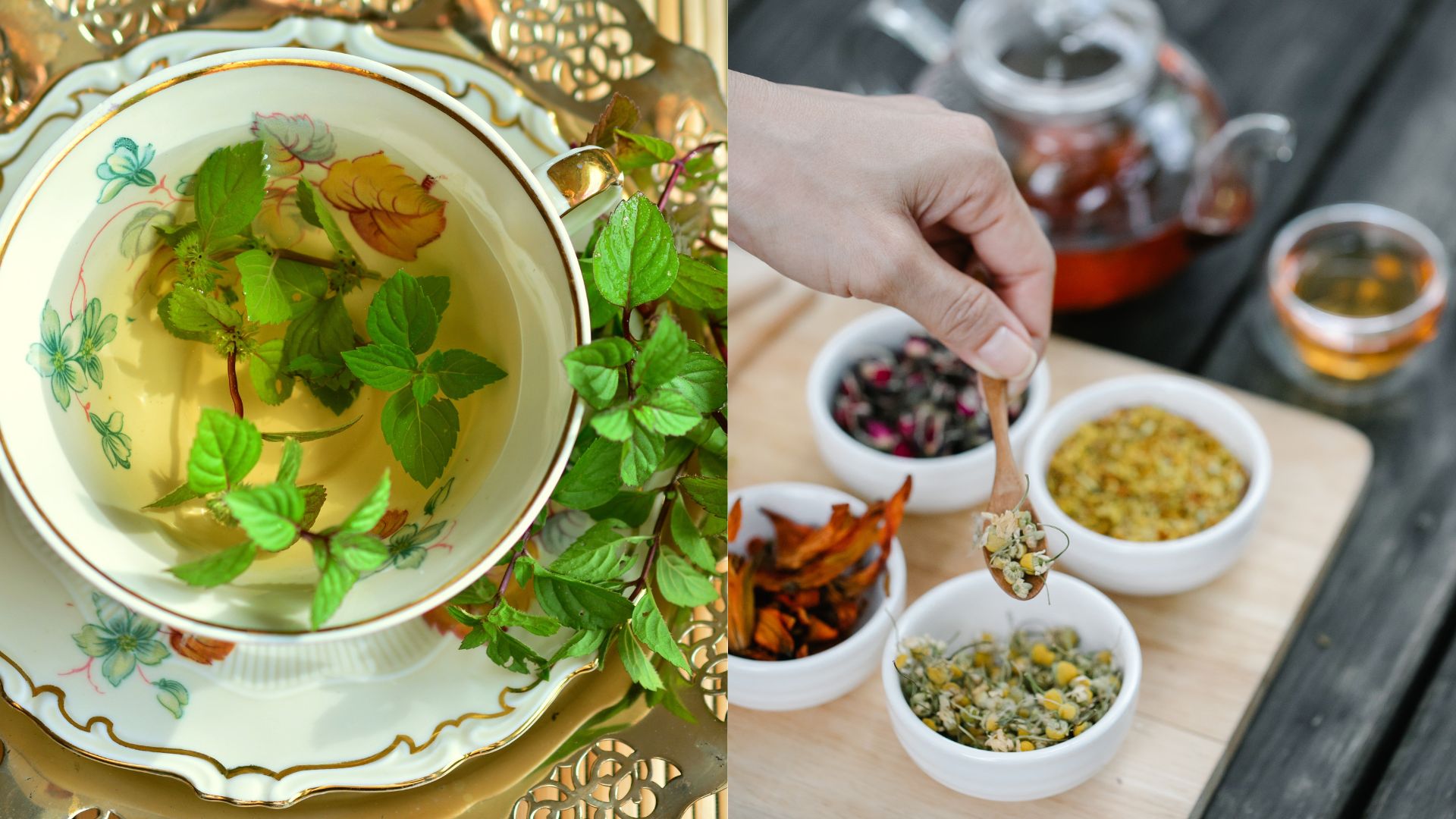OUTLINE
Having a robust immune system is crucial for safeguarding the body against diseases and infections. Integrating immune-enhancing foods, healthy lifestyle choices, and safe supplements can assist in strengthening the body’s defenses naturally. Below, we will examine nutrient-dense foods, helpful lifestyle habits, and supplement suggestions to promote a strong immune system.
Foods that Enhance Immunity and Their Advantages
- Garlic: Garlic contains compounds such as allicin, which has been demonstrated to boost immune performance and combat infections. Regular consumption of fresh garlic might help lessen the severity of colds and respiratory ailments. Consider including it in your dishes or consuming a small raw clove, if manageable.
- Ginger: Renowned for its anti-inflammatory and antioxidant effects, ginger can aid immune health by minimizing inflammation within the body, thus allowing the immune system to operate more effectively. Ginger can be utilized fresh, brewed as tea, or mixed into soups and smoothies.
- Citrus Fruits: Fruits such as oranges, lemons, and grapefruits are abundant in vitamin C, a strong antioxidant recognized for its contribution to immune health. Vitamin C plays a vital role in stimulating the production of white blood cells, which are crucial for combating infections. A daily portion of fresh citrus, like an orange or a glass of lemon-infused water, can help maintain sufficient vitamin C levels.
- Yogurt: Packed with probiotics, yogurt promotes gut health, which has a significant connection to immune capability. Beneficial gut bacteria play an essential role in boosting immunity and preventing harmful germs from taking hold in the body. Opt for plain, unsweetened yogurt containing live, active cultures for the greatest benefits.
- Leafy Greens: Vegetables such as spinach, kale, and other leafy greens are rich in vitamins A, C, and E, along with antioxidants that bolster the immune system. These greens can be added to salads, smoothies, or soups to provide a nutrient increase.

Healthy Practices that Enhance Immunity
- Proper Sleep: Sleep is critical for immune wellness, as it enables the body to recover and rejuvenate. Insufficient sleep or chronic sleep deprivation can impair immune function and raise vulnerability to illnesses. Strive for 7–9 hours of restful sleep each night and create a consistent bedtime routine to enhance sleep quality.
- Consistent Physical Activity: Engaging in moderate exercise regularly has been shown to enhance immune functionality by fostering improved circulation, decreasing inflammation, and boosting white blood cell production. Activities such as walking, biking, and yoga are great options that can be easily included in a daily routine. However, be cautious of overtraining, as excessive physical activity can temporarily compromise immunity.
- Proper Hydration: Keeping well-hydrated aids the immune system by assisting the body in eliminating toxins and preserving the integrity of mucous membranes, which serve as a barrier against pathogens. Aim to drink 8–10 cups of water daily, modifying based on activity levels and environmental conditions. Herbal teas and fruits and vegetables rich in water content (like cucumbers and watermelons) can also help maintain hydration.
- Managing Stress: Ongoing stress can inhibit immune function, making it more difficult for the body to resist infections. Adopting stress-reducing techniques, such as meditation, deep breathing, or spending time outdoors, can help regulate stress hormones and foster immune wellness.
Guidelines for Safe Supplement Use and Dosage
- Vitamin C: Renowned for its immune-enhancing properties, vitamin C supplements are frequently utilized to help lessen the seriousness and duration of colds. A safe daily intake is generally in the range of 500–1,000 mg, although obtaining this nutrient through food sources should be the primary approach. Higher quantities are usually safe but may lead to digestive issues in some individuals.
- Vitamin D: This vitamin aids immune function and helps regulate the immune response. Since many individuals have deficient levels of vitamin D, particularly during the winter months, supplementation might be advantageous. A commonly accepted safe dosage is between 1,000 and 2,000 IU per day, though it’s advisable to have blood tests done to assess personal requirements.
- Zinc: Zinc is vital for the functioning of immune cells and has been demonstrated to decrease the severity of cold symptoms. For supplementation purposes, doses of about 15–30 mg per day are typically safe. However, extended high dosages can result in copper deficiency, so it is important to remain within recommended limits.
- Probiotics: Daily intake of a probiotic supplement can improve gut health, which subsequently aids immune system function. Opt for a probiotic that includes a range of strains (such as Lactobacillus and Bifidobacterium) and roughly 10 billion CFUs (colony-forming units) per dose. If you’re new to probiotics or have any existing health issues, consult with a healthcare professional.
Practical Tips for Incorporating Immune Boosters
- Plan Meals Featuring Immune-Boosting Ingredients: Initiate with manageable, simple changes like adding slices of citrus to your water, incorporating a daily clove of garlic in your dishes, or enjoying yogurt as part of your breakfast.
- Set Reminders for Staying Hydrated and Resting: Basic adjustments, such as scheduling a nightly reminder to unwind and a daytime reminder to stay hydrated, can significantly influence immune health.
- Consider a Morning Routine with Ginger Tea: Kicking off your day with a cup of warm ginger tea can help establish a health-minded atmosphere while also providing immune-boosting advantages.
Conclusion
Naturally enhancing your immune system requires a blend of nutritious foods, healthy practices, and, when necessary, supplements. By integrating immune-boosting elements, prioritizing rest and physical activity, and using supplements judiciously, you can bolster your body’s innate defenses and improve resilience against illness.

























